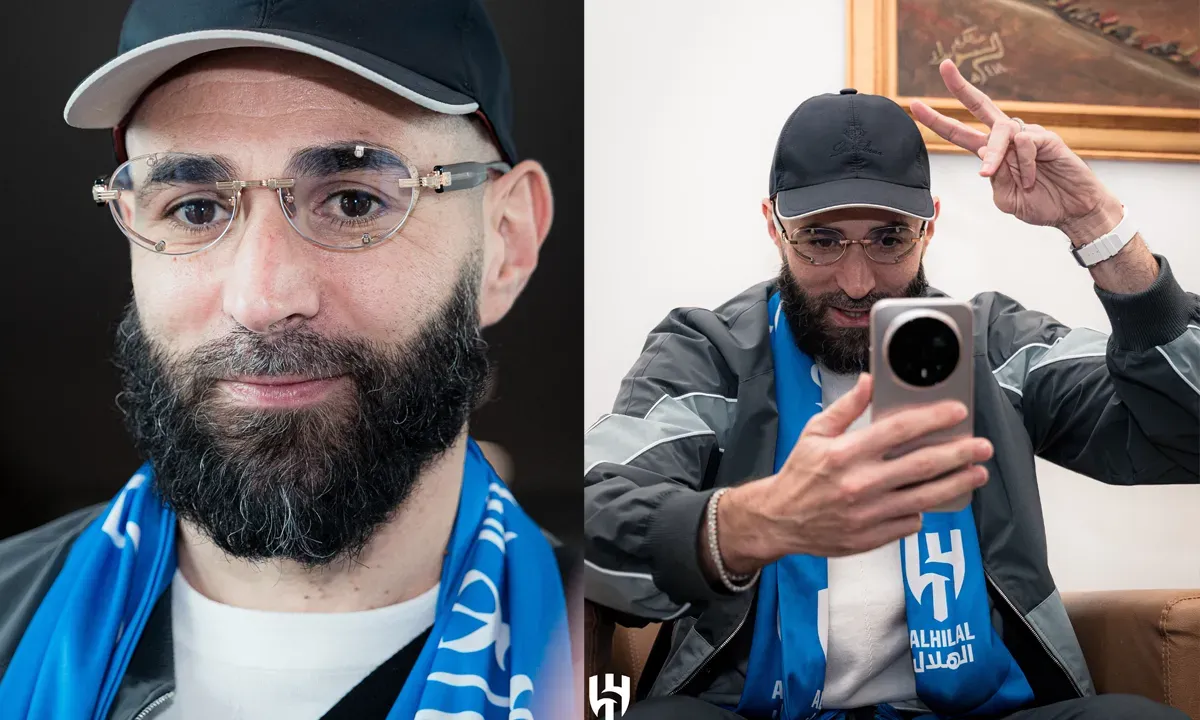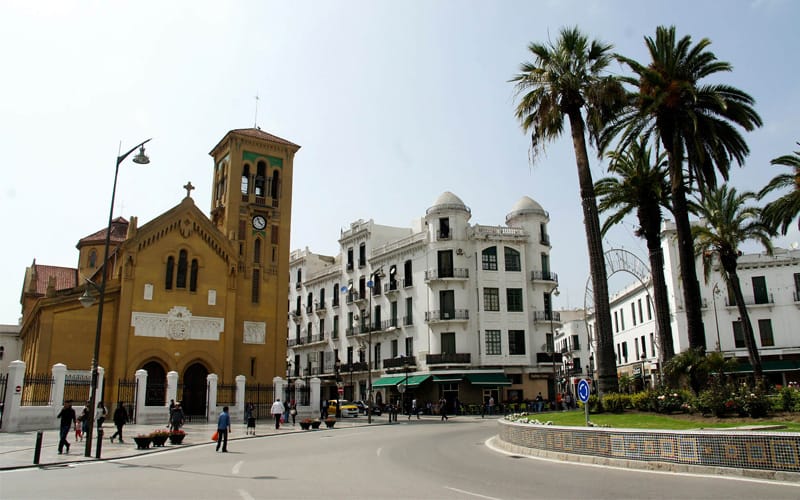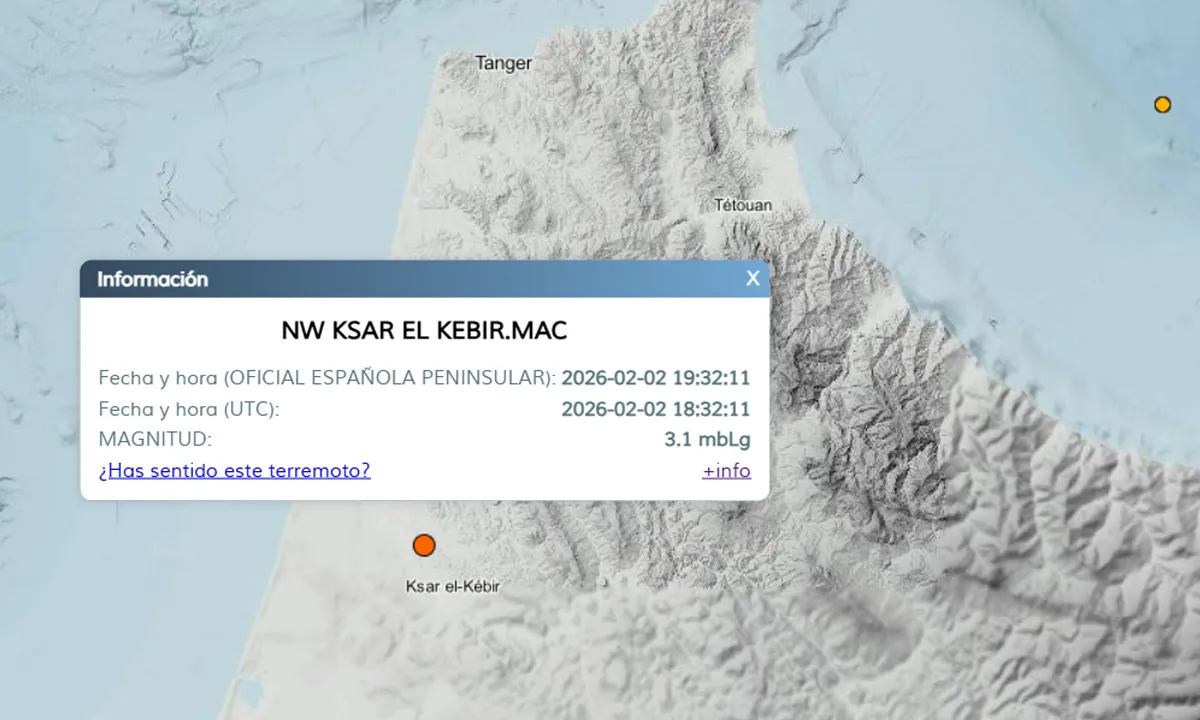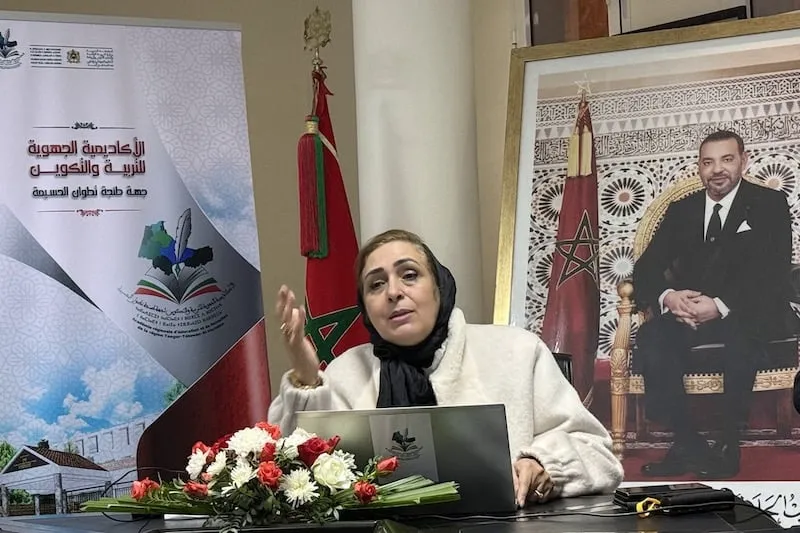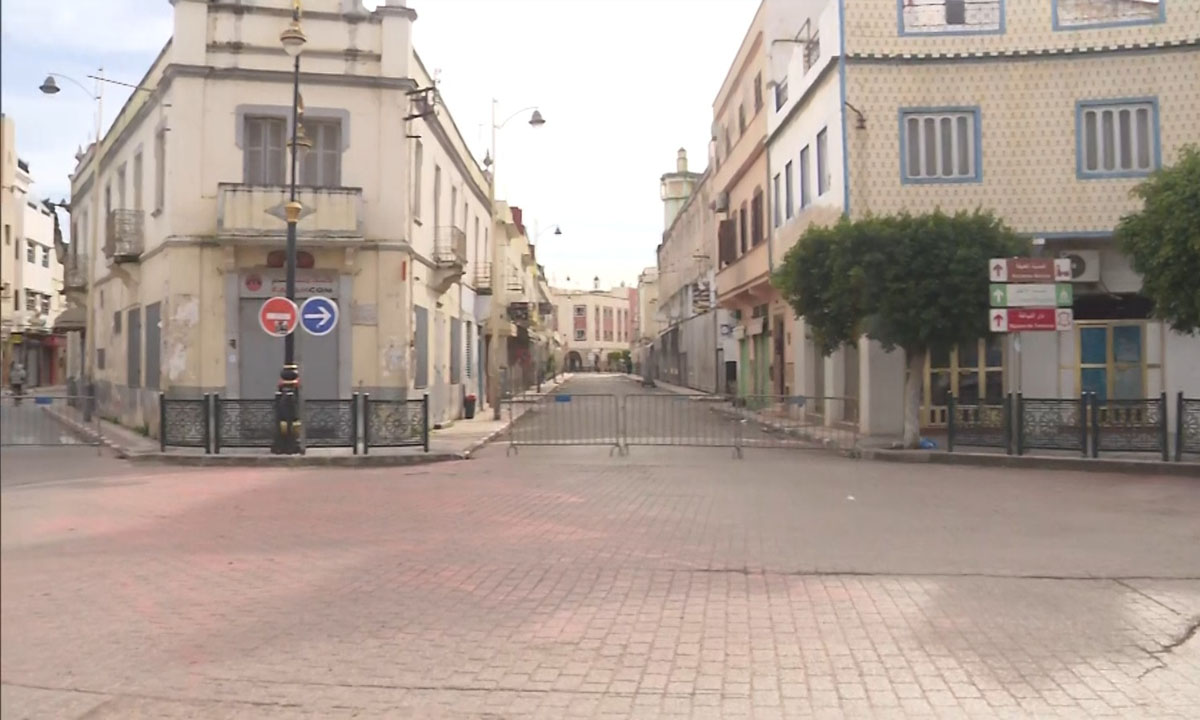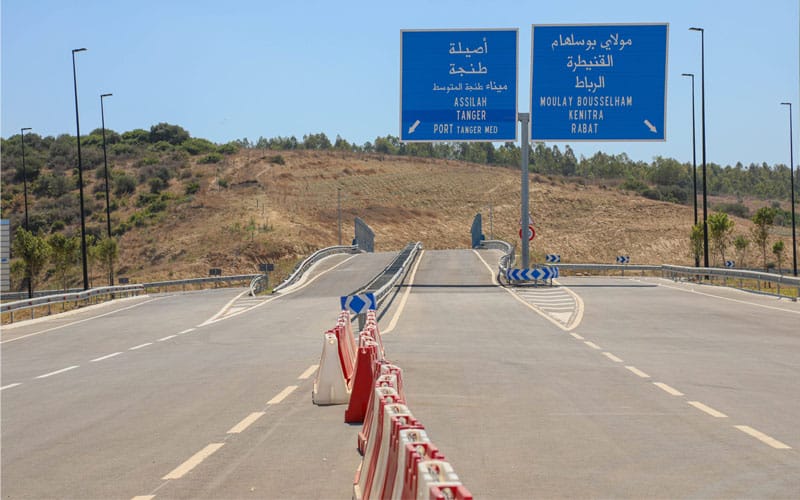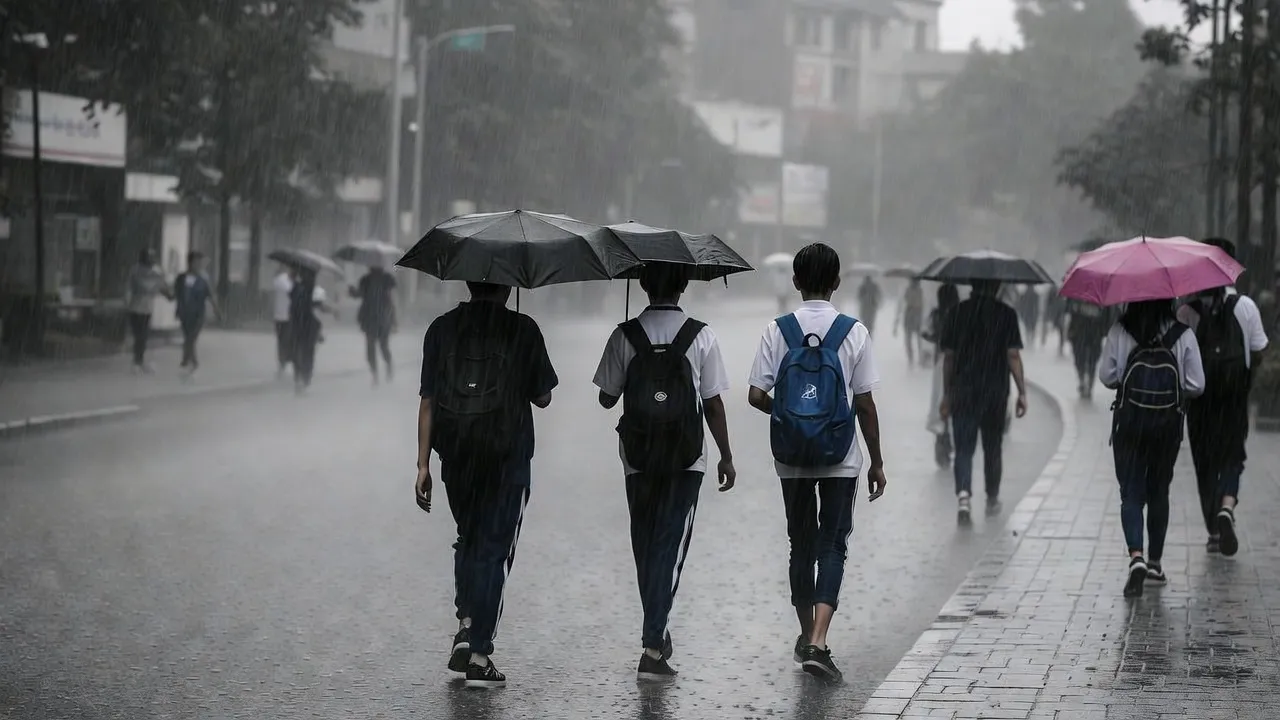French politician Jean-Luc Mélenchon, leader of the La France Insoumise movement, has sparked controversy with his statements regarding the issue of Western Sahara. His comments seem aimed at balancing relationships with both Morocco and Algeria, likely for electoral purposes.
Mélenchon neither supports Moroccan sovereignty over Western Sahara nor explicitly advocates for the region’s independence. However, many members of his movement continue to make provocative statements, often leaning towards the Algerian perspective and endorsing the right to self-determination, reflecting the party’s leftist ideology.
In a statement issued on July 4, Mélenchon accused a journalist from France Info and various figures on social media of attempting to use the Western Sahara issue to create division among the French populace. He emphasized his refusal to allow journalists to speak on his behalf or that of his movement and asserted that his position aligns with that of the United Nations, firmly rejecting any French intervention in the matter.
Mélenchon’s remarks come in a sensitive context. The Western Sahara issue is a complex diplomatic matter impacting relations between France and North African countries, particularly Morocco and Algeria. Known to Morocco as “Southern Provinces,” Western Sahara is a disputed territory, mostly controlled by Morocco, while the Polisario Front, supported by Algeria, seeks independence for the area.
The United Nations has been facilitating peace efforts for decades, advocating for a fair political solution acceptable to all parties, focusing on the right of the Sahrawi people to self-determination. In this context, Mélenchon attempts to distance his movement from political entanglements concerning the issue within France.
His statement reflects a rejection of what he sees as media exploitation of the situation, which he considers an attempt to create divisions among French communities, particularly those of Moroccan or Algerian descent, who may feel pressured to take opposing stances.
Source







